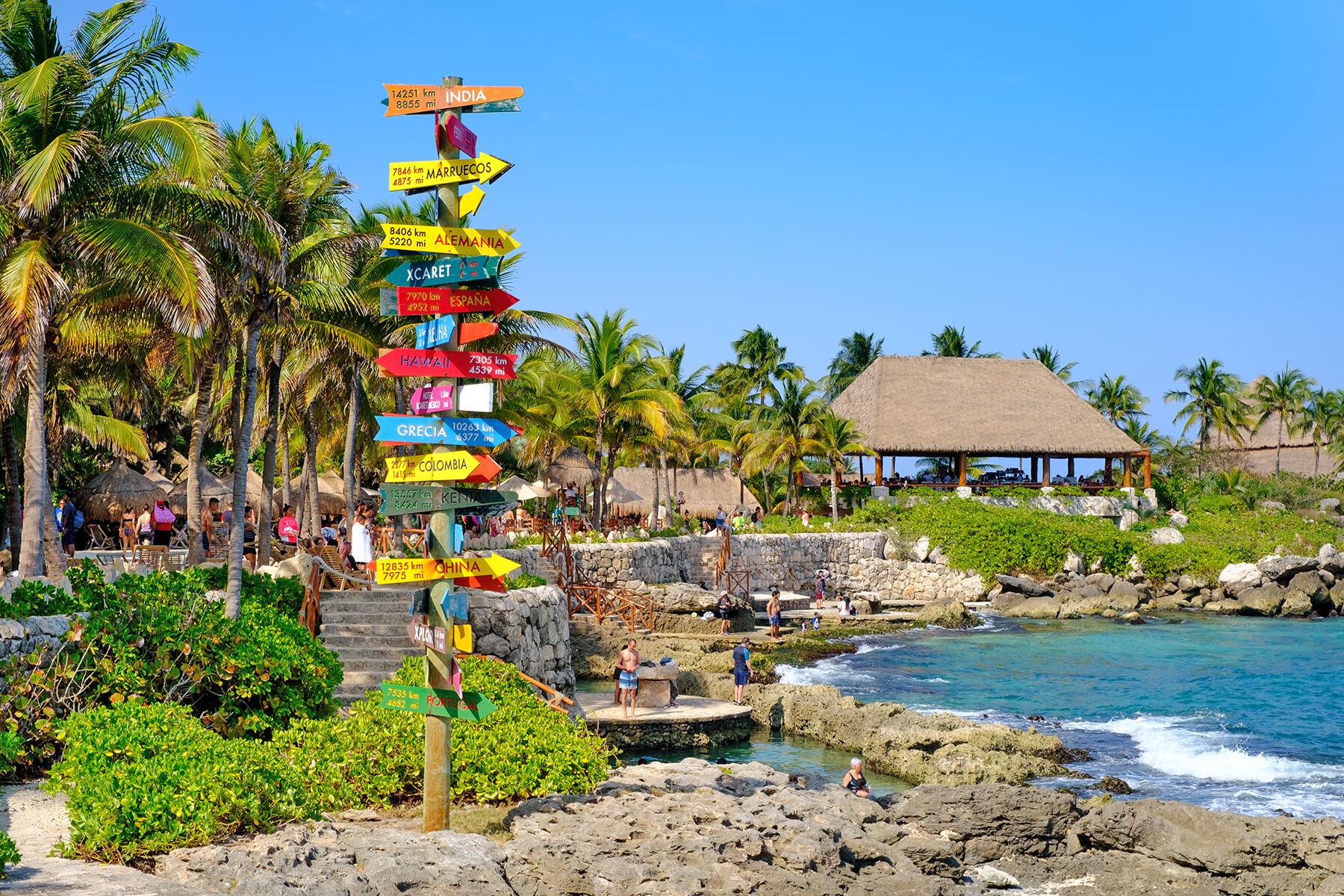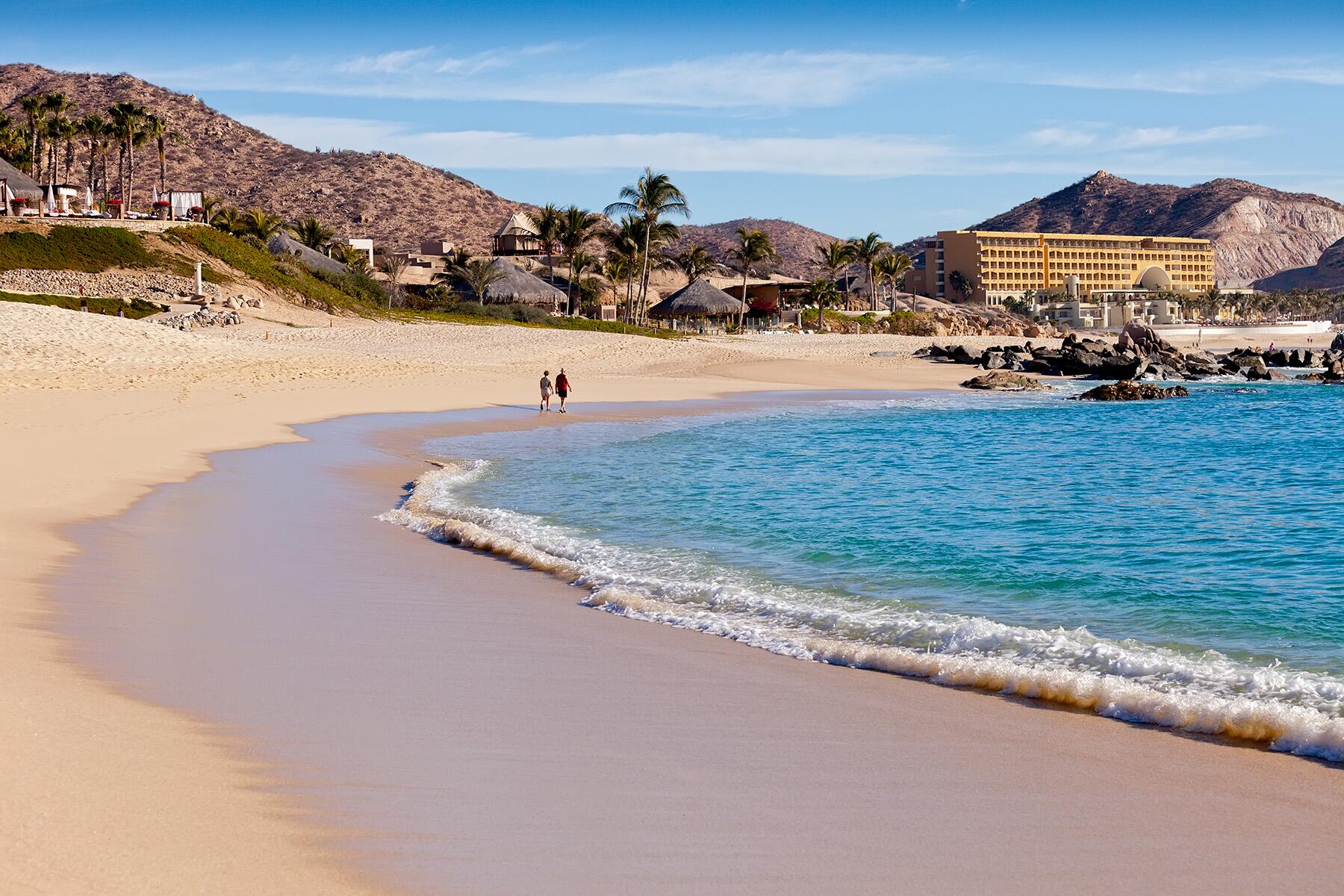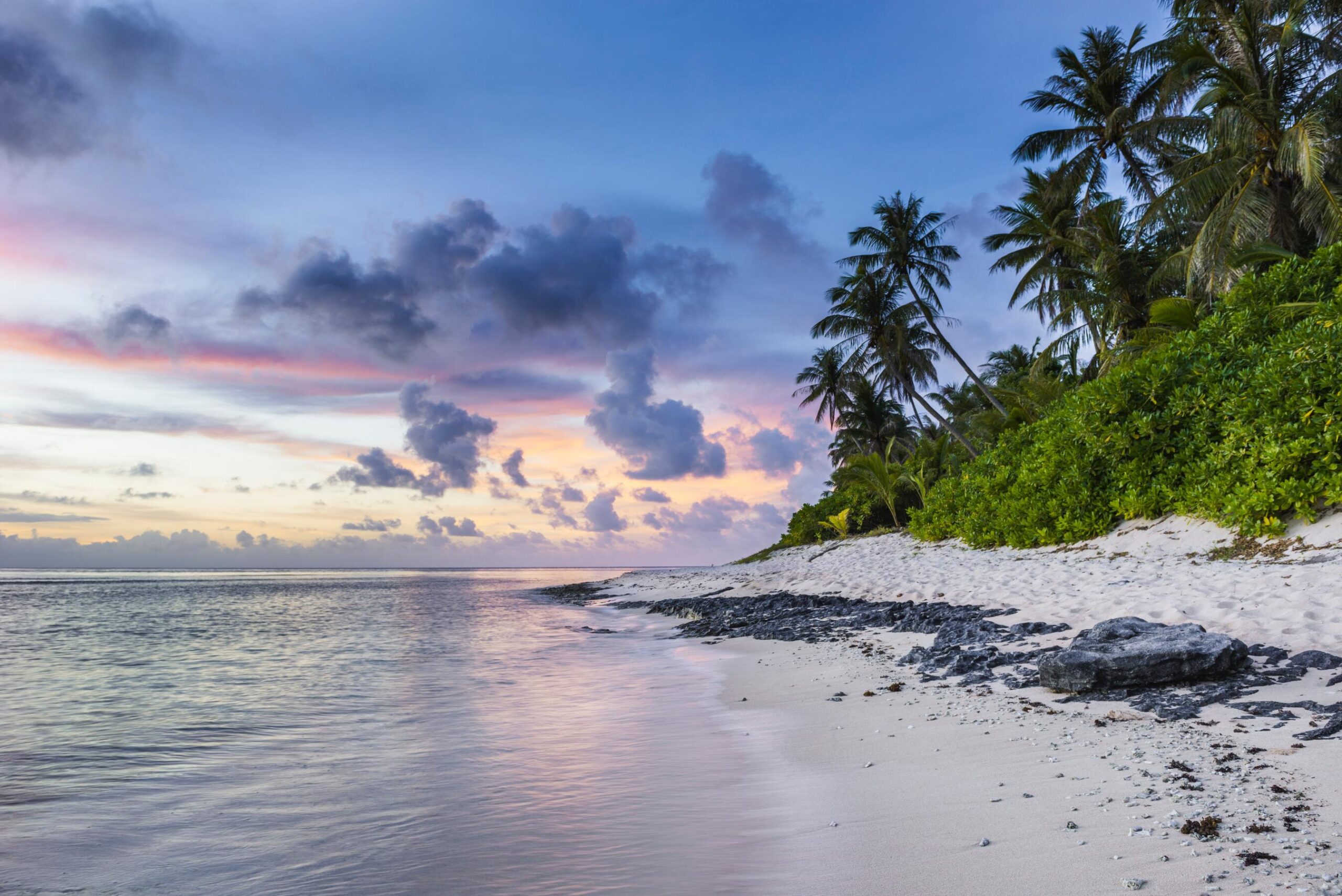Here’s everything you need to know about whether you should avoid the beach because of COVID-19.
We all know we’re supposed to practice physical distancing, given the COVID-19 pandemic. That means many activities that used to be normal—hanging out at a restaurant, going to the theater, getting in a gym workout—are now off-limits. But, unless you’re under lockdown or quarantine, it’s still fine to enjoy the outdoors so long as you keep your distance from anyone who’s not in your household. But what does that mean for visiting the beach?
Can the Coronavirus Survive in Water?
We still don’t know a lot about severe acute respiratory syndrome coronavirus 2 (SARS-CoV-2), the virus that causes COVID-19 infections. Scientists, understandably, are focused on figuring out how to prevent the spread of the highly contagious disease and on finding a vaccine.
There is some research about how long the virus can live on various surfaces. According to WebMD, SARS-CoV-2 can survive two to three days on plastic, but just four hours on copper.
The Water Research Foundation hosted a webinar on March 12 to look at how the virus survives in water. Surfrider Foundation reports some of the key results.
Recommended Fodor’s Video
The research so far shows that both bleach and chlorine are effective at destroying SARS-CoV-2. The CDC says there’s no evidence you can get COVID-19 from swimming in a pool. While most public pools are closed, that’s because it’s hard to maintain physical distance in them. The Surfrider Foundation reports that research shows the virus can remain alive and therefore infectious in freshwater. That means that, in theory, you could get infected by swimming in a lake or river. Practically though, the virus would likely be very diluted.
No research has yet been done on the viability of SARS-CoV-2 in saltwater. However, it’s unlikely to be that different from freshwater. Plus, at most ocean beaches, tides keep the water moving. So, in theory, if someone were to sneeze up some virus droplets into the waves, the tide might sweep them away from the beach fairly quickly. However, we don’t know. And, keep in mind that at many beaches, it’s not easy to wash your hands thoroughly with soap and water, a key part of preventing infection.
What’s the Biggest COVID Danger at the Beach?
While the safety of the water at the beach is still a question, scientists do know that being near other people, including at a crowded beach, is the main way COVID-19 is spread. That’s why many public beaches are closing and why spring break partiers were labeled #CovIdiots.
Congregating at beaches is getting harder, with California under lockdown and the Carolinas closing beaches starting March 19. In Florida, the governor announced March 19 that the state will enforce rules to prevent people from gathering in groups of 10 or more. The New York Post has “eerie footage” of a now-empty Miami Beach, and state parks have closed.
Expect more and more popular public beaches to close, especially where people are ignoring rules to stay in their homes as much as possible. For example, in Spain (Europe’s second-most affected country), beaches started to close on the weekend of March 13.
So, Should You Go to the Beach?
A short car trip to an uncrowded beach might be ok, assuming you don’t have to stop anywhere on the way. Most countries are advising their citizens not to travel, so taking a plane or a train to get to the beach is neither allowed nor smart right now.
And perhaps you’re lucky to live near an isolated beach that you can visit regularly. As long as your city is not under a lockdown order and you’re not in quarantine, a walk on the beach is an ideal way to get some exercise and help deal with all the COVID stress. But if you can’t maintain a six-foot distance from others, the beach isn’t a good place to be. You probably shouldn’t go in the water until we hear from scientists that it is 100% safe.
Of course, it’s best to be home and with family in the middle of a global pandemic. It is understandable, though, to dream of being stranded by all the corona-canceled flights and trapped on a beautiful secluded beach somewhere. But for now, those tropical vacations need to be put on hold.




